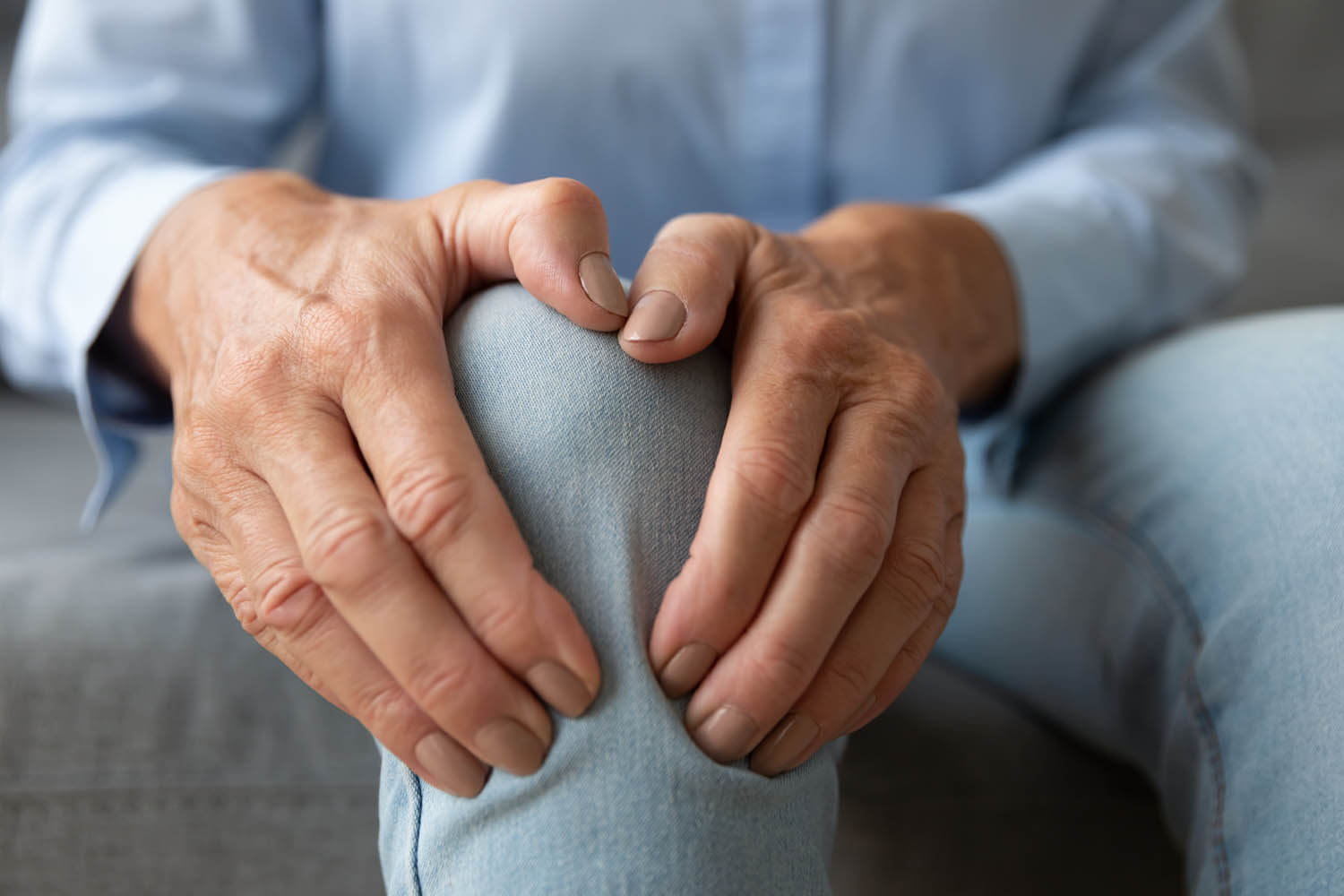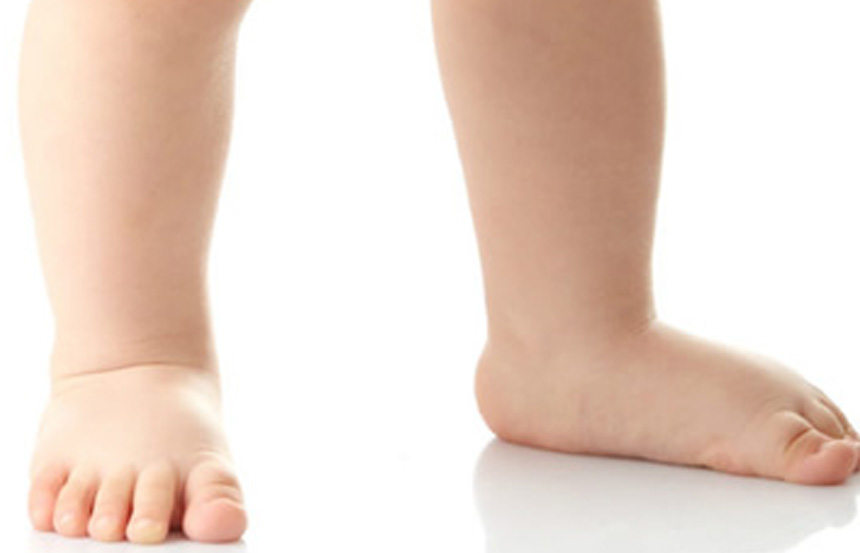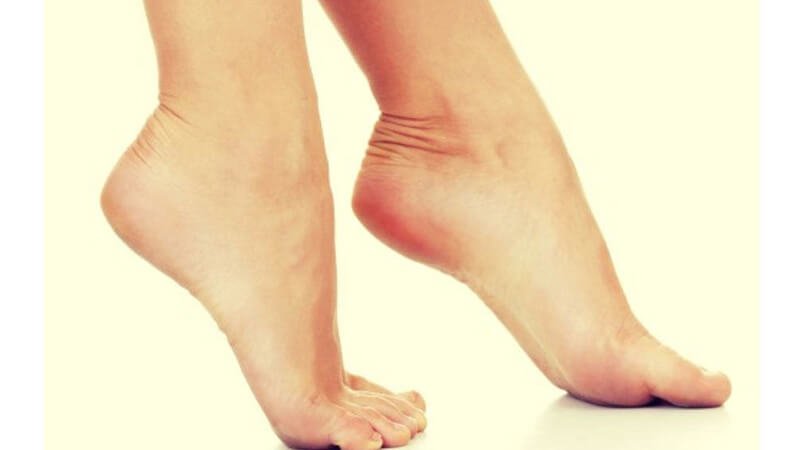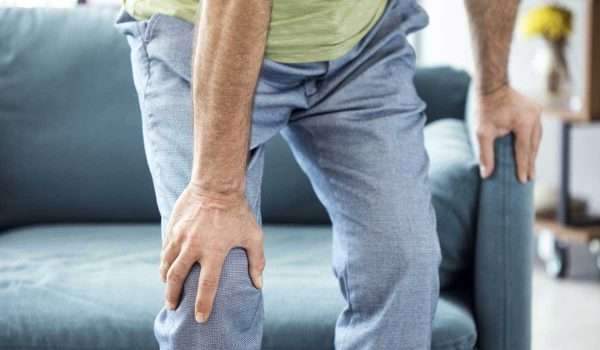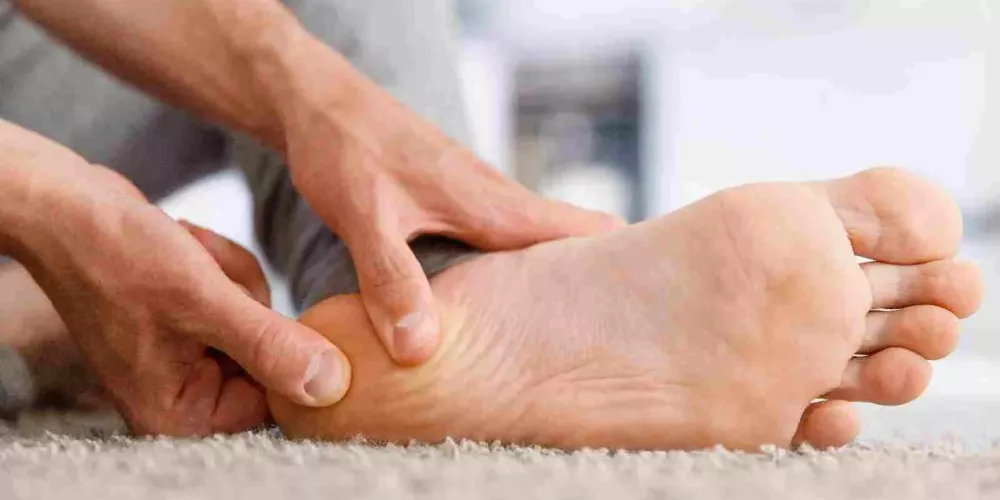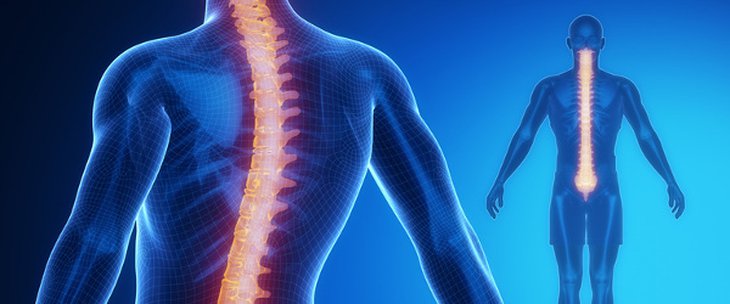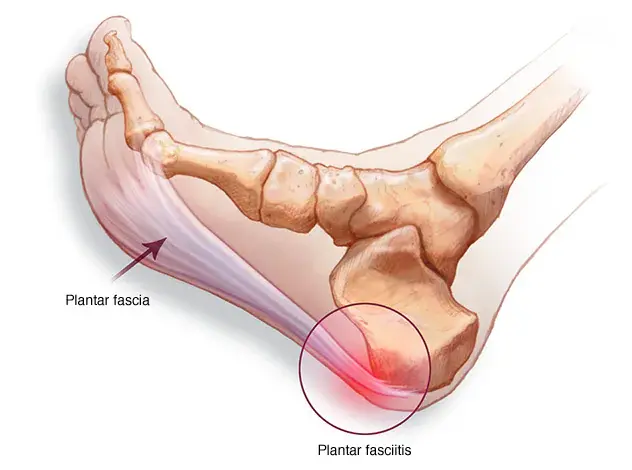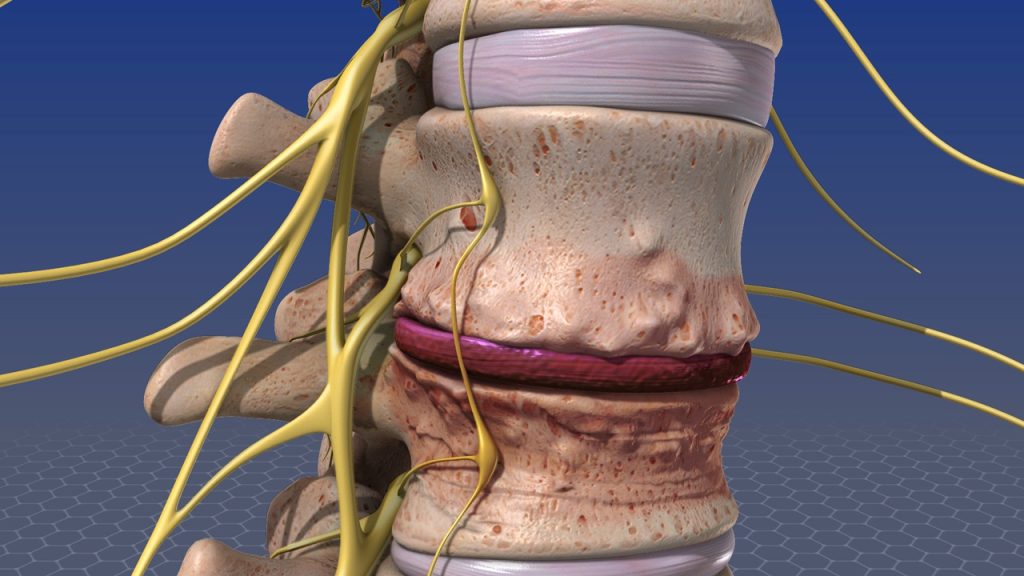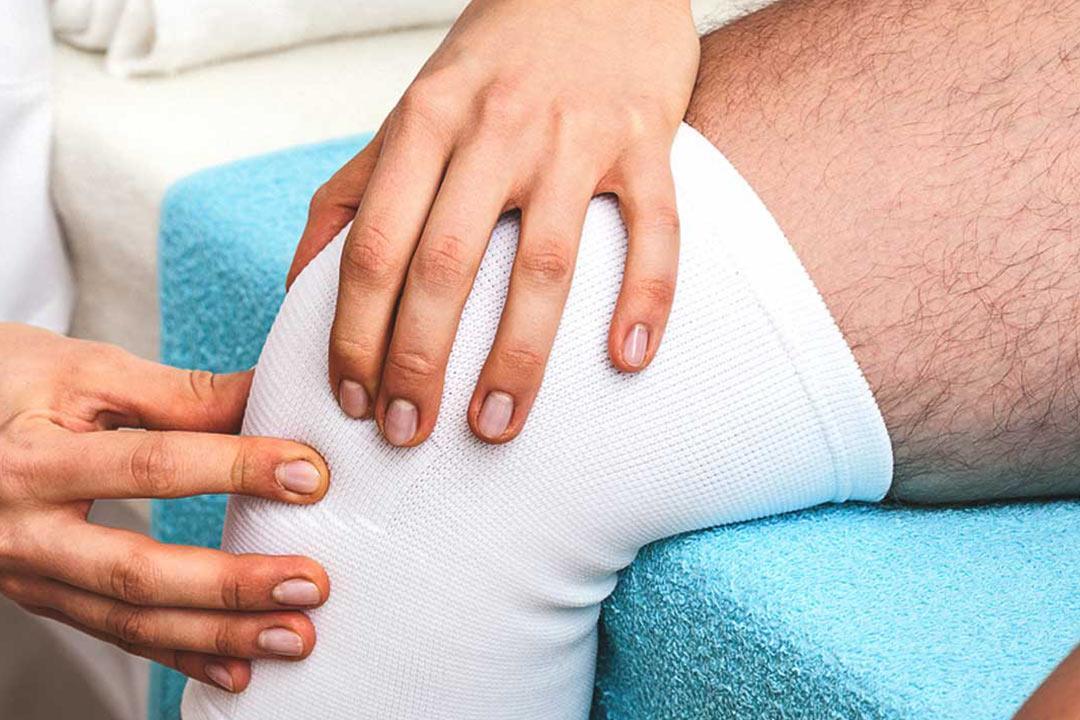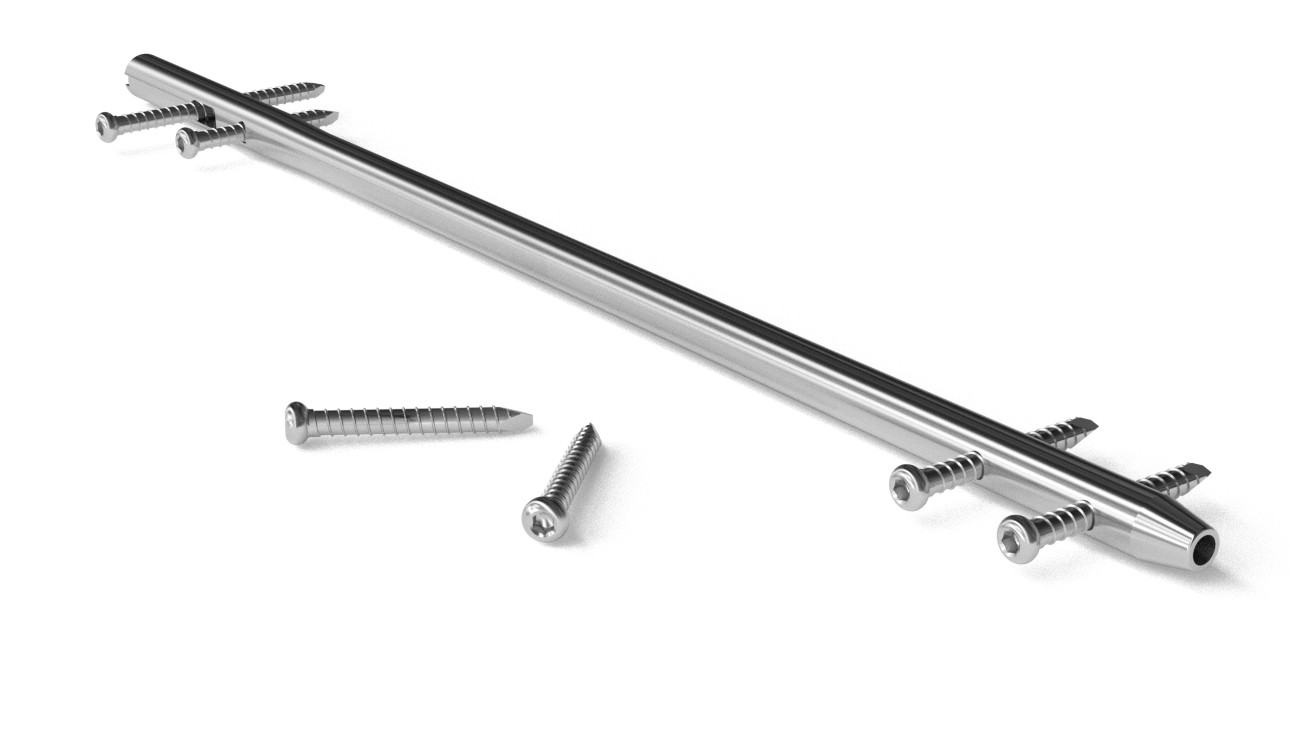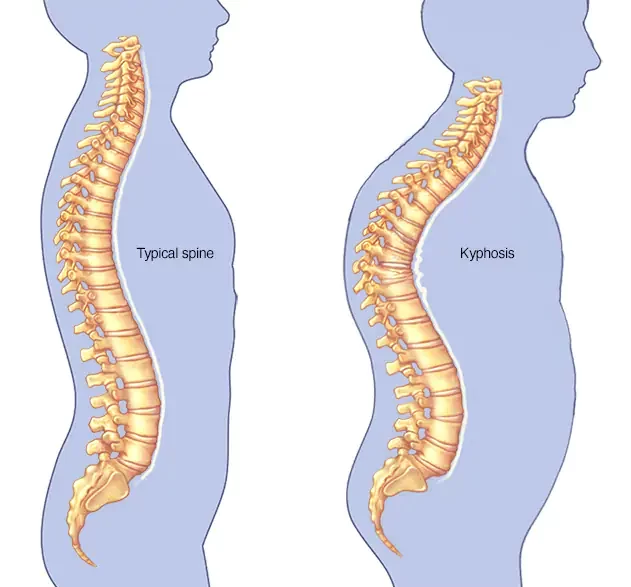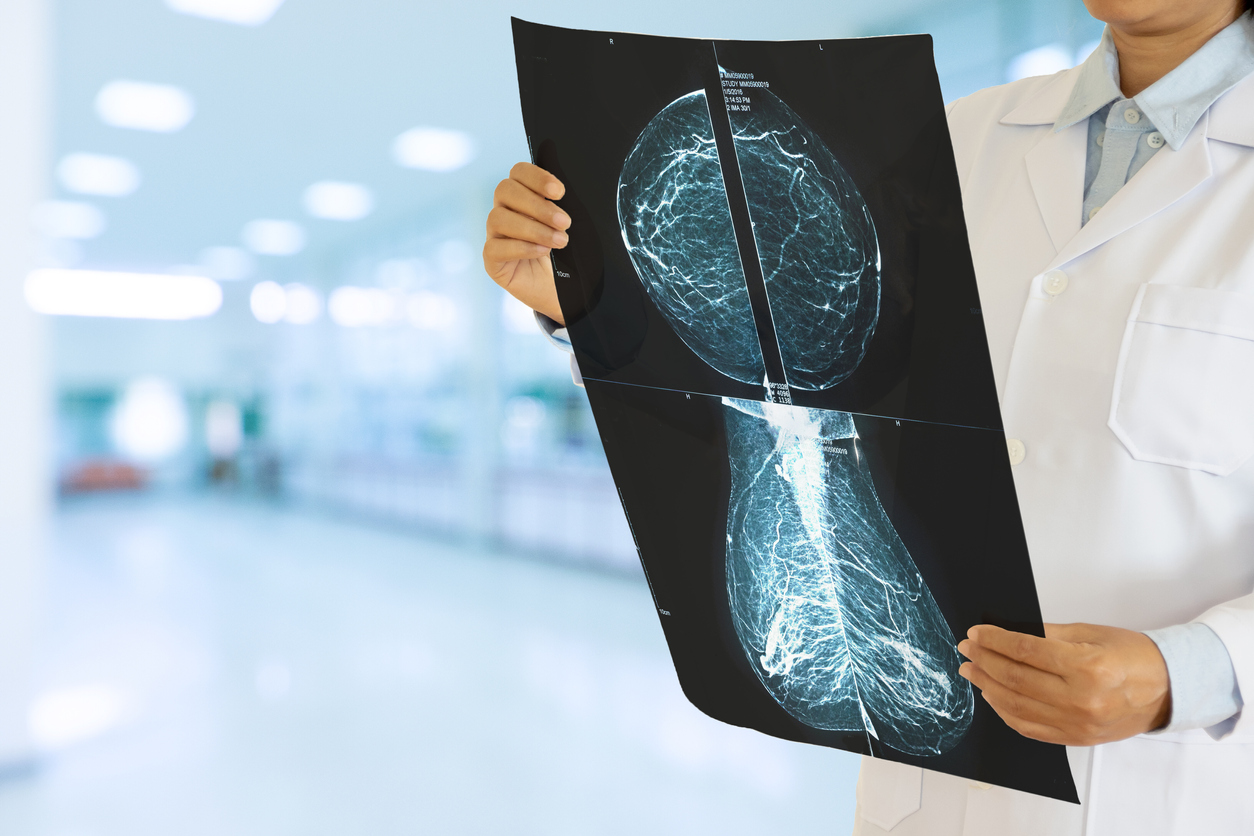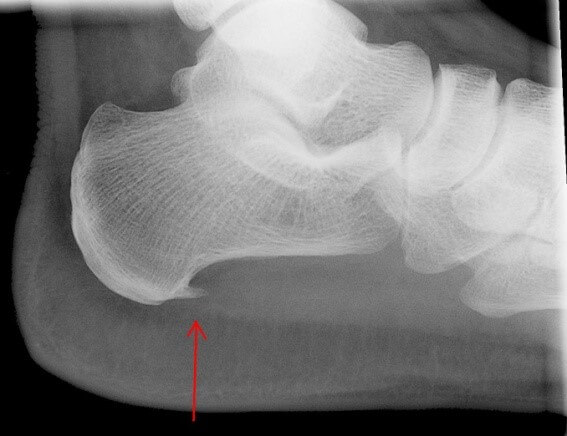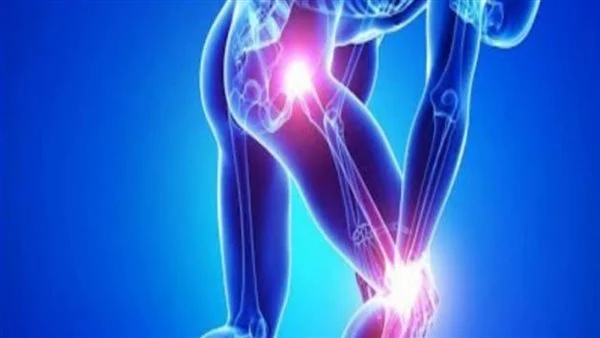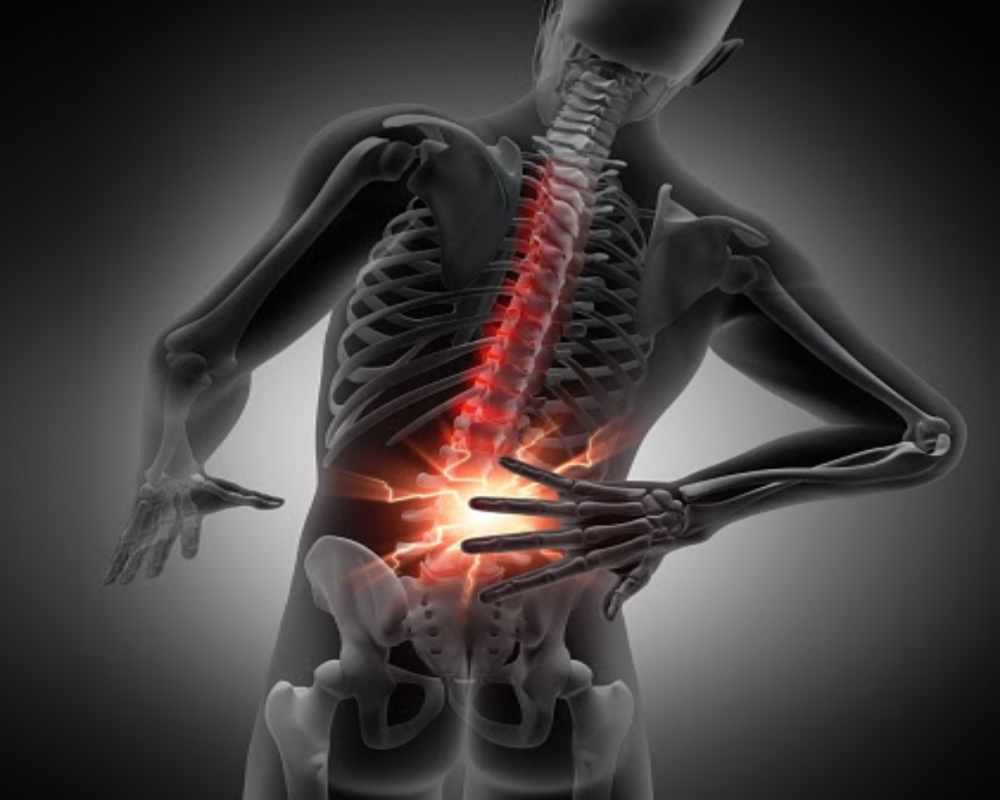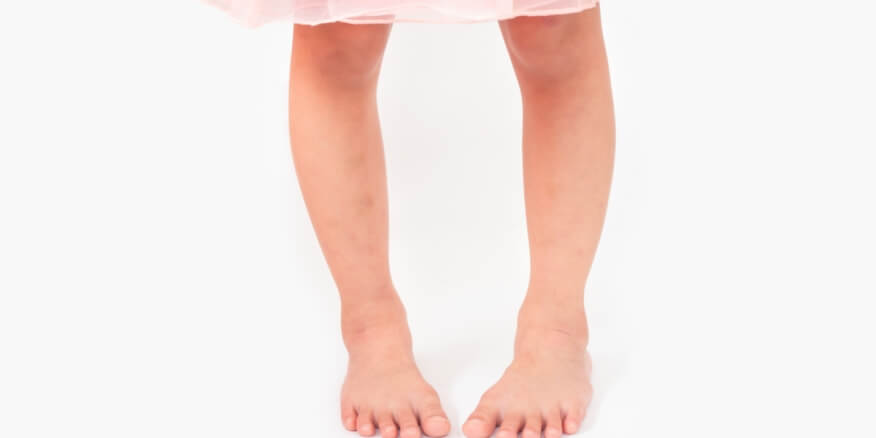Treatment of calcium deficiency in women
Calcium is very important for bone health and helping to build it properly, and when women suffer from calcium deficiency, they are exposed to many problems that require immediate treatment. Follow the following article with us to learn more clear information on this subject.

Treatment of calcium deficiency in women
Calcium deficiency in the body of women causes many problems in the bones, and this problem can be eliminated by following the following methods:
- Introducing calcium in the diet: It is possible to treat calcium deficiency in women by taking care to follow a proper diet that is rich in it in order to compensate for the deficiency in it.
- Maintaining the natural percentage of vitamin D in the body: Vitamin D has a very important role in absorbing calcium well in the human body and maintaining its natural percentage, and this is done by eating foods that are rich in vitamin D while making sure to be exposed to sunlight on a daily basis sufficient to stimulate the skin on its production.
- Lifestyle change: In order to maintain bone health and ensure the integrity of the physical structure of women, they must take care to lead a healthy lifestyle in addition to eating foods that are rich in both vitamin D and calcium, as care must also be taken to exercise regularly, maintain a healthy weight, and stop overeating. Some bad habits like smoking.
Treating calcium deficiency with medication
There are many medications that focus on making up for the lack of calcium that some individuals may suffer from, such as:
- OS-CAL TAB 500MG
- JEDCO CAL – C EFFERVESCENT GRANULES
- RENNIE TAB
- VITACID CALCIUM 1000 MG EFFERVESCENT TABLETS
- CALTRATE 600 MG TAB
- CALCINATE
Forbidden food with calcium pills
- Foods containing oxalic acid: This acid is associated with calcium, which reduces the ability to absorb it, which makes pills and nutritional supplements not useful in the individual’s body because it does not benefit from them because of these foods, such as spinach, almonds, soy milk, sweet potatoes, leafy vegetable Greens, turnips, beets, white beans, dates, berries.
- Foods containing phytic acid: This acid also reduces the body’s ability to absorb calcium, and for this reason, eating grains and those foods must be separated for a period of not less than two hours. Examples of foods that are rich in this acid are oats, wheat, rice, lentils, beans, beans, almonds, pine nuts, walnuts, and sesame seeds. Carrots, sweet potatoes, beetroot, soy milk, and tofu.
- Caffeine-containing drinks: Drinking caffeine-containing beverages such as coffee, tea, and soft drinks reduces the body’s ability to absorb calcium and excrete it from the body with urine. Therefore, it is better to balance the consumption of these beverages and avoid drinking them at the same time that the drug is taken.
- Foods rich in salt: It is better to separate eating foods that contain salt and taking calcium pills because the kidneys work to absorb salts and expel calcium from the body, and foods that are rich in salts: smoked, processed, and canned meats, canned appetizers and legumes, salted nuts, cheese Baked goods, salty crackers, pretzels, pickles.
Symptoms of calcium and vitamin D deficiency in women
At first, women may not show any symptoms when they suffer from a deficiency in calcium and vitamin D, but as the matter goes too far, the following symptoms begin to appear:
- Muscle pain: Suffering from a severe deficiency of calcium and vitamin D in the body of women causes muscle pain and suffering from cramping, and there is a pain in the arms and thighs when moving, in addition to a feeling of tingling and numbness in the arms and hands, and in some cases, it may come to the occurrence of cramps and lack of arrhythmia;
- Feeling tired: This is also one of the symptoms that indicate suffering from a deficiency in calcium and vitamin, where the woman feels lethargy, exhaustion, and extreme fatigue, and these symptoms are accompanied by dizziness, dizziness, and the inability to concentrate.
- Nail and skin problems: Deficiency of calcium and vitamin D causes nails to crack, roughness, and hair loss, in addition to suffering from eczema and dermatitis that causes itching and dry skin.
- Osteoporosis: Bones store large proportions of calcium in order to maintain their strength and softness and make them in a very healthy condition, and when calcium decreases in the bones, this causes them to be soft and easy to break.
- Severe symptoms before menstruation: Maintaining the percentage of calcium and vitamin D naturally in the body of women has a very good effect on their mood and reduces fluid retention, and this increases the severity of symptoms that accompany menstruation.
- Dental problems: When the body suffers from a lack of calcium, it withdraws it from the teeth, and this leads to tooth decay, weakness, gum irritation, and weak tooth roots.
What foods contain calcium?
There are many foods that it is important for the individual to include in his daily diet, as they are rich in calcium and maintain the natural ratio in his body, such as:
- Dairy products.
- Dark leafy vegetables such as broccoli and cabbage.
- Canned sardines and salmon.
- Calcium-rich drinks such as milk substitutes and natural juices.
- Soy products and cereals.


